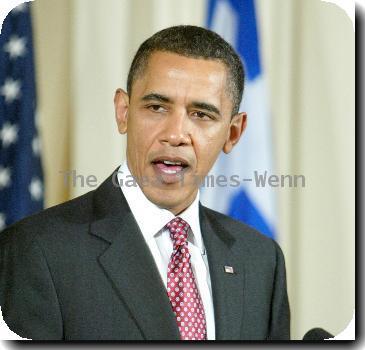Financial leaders pledge to address risks posed to global recovery by high government debt
By APSaturday, April 24, 2010
Financial leaders pledge to attack debt problems
WASHINGTON — The deepening Greek debt crisis remains uppermost in the minds of financial leaders as they wrap up a weekend conference pledging to address the risks facing the global economic recovery.
One danger arises from governments with budgets deeply in the red, such as Greece. Another, perhaps more worrisome, is still-rising unemployment in many advanced countries.
Finance ministers and central bankers agreed that recovery from the deepest recession since the end of World War II will take more effort.
“The worst is definitely behind us, but we are not out of the woods yet,” Egyptian Finance Minister Youssef Boutros-Ghali, the chairman of the International Monetary Fund steering committee, told reporters.
Greece’s finance minister, George Papaconstantinou, continued intense talks with top officials of the IMF and the European Union on a multibillion dollar rescue package to meet his country’s massive debt obligations. Parallel negotiations were under way in Athens. Papaconstantinou planned a Sunday session with Dominique Strauss-Khan, the head of the IMF.
The weekend talks end Sunday with discussions of a steering committee for the World Bank, the IMF’s sister lending organization, the biggest provider of development loans.
Security remained tight around the adjacent IMF-World Bank headquarters buildings three blocks from the White House. But protests were low-key, unlike past years when demonstrators clashed with police.
U.S. Treasury Secretary Timothy Geithner urged the Greek government, European officials and the IMF to “move quickly to put in place a package of strong reforms and substantial concrete financial support.”
Geithner took part in a meeting at IMF headquarters which included Papaconstantinou, Strauss-Kahn and Olli Rehn, the European Commission’s top economic official.
Greece is hoping to obtain loans of about $40 billion from the group of 16 European countries which, like Greece, use the euro as a common currency, and an additional $13.4 billion from the IMF. Crippled by soaring borrowing costs, Greece on Friday made a formal request for the aid. Prime Minister George Papandreou declared in a televised address that his country’s economy was a “sinking ship.”
Canadian Finance Minister Jim Flaherty said Saturday that while he didn’t have a view on the proper size of a rescue program for Greece, finance officials from some other nations, including some in Europe, have expressed concerns that the current level may not be sufficient.
European and IMF officials, however, have made clear that their support will carry a high price: putting Greece’s fiscal house in order. Greece has already agreed to begin an austerity program that cuts civil servants’ pay, freezes pensions and raises taxes. But the country faces years of painful cutbacks and doubts about its long-term finances.
The austerity program has already generated massive street protests in Greece and labor strikes.
Associated Press writers Ana Azpurua and Christine Simmons contributed to this report.
Tags: Asia, Barack Obama, Canada, East Asia, Europe, Greece, North America, Protests And Demonstrations, Recessions And Depressions, Summits, United States, Washington, Western Europe








